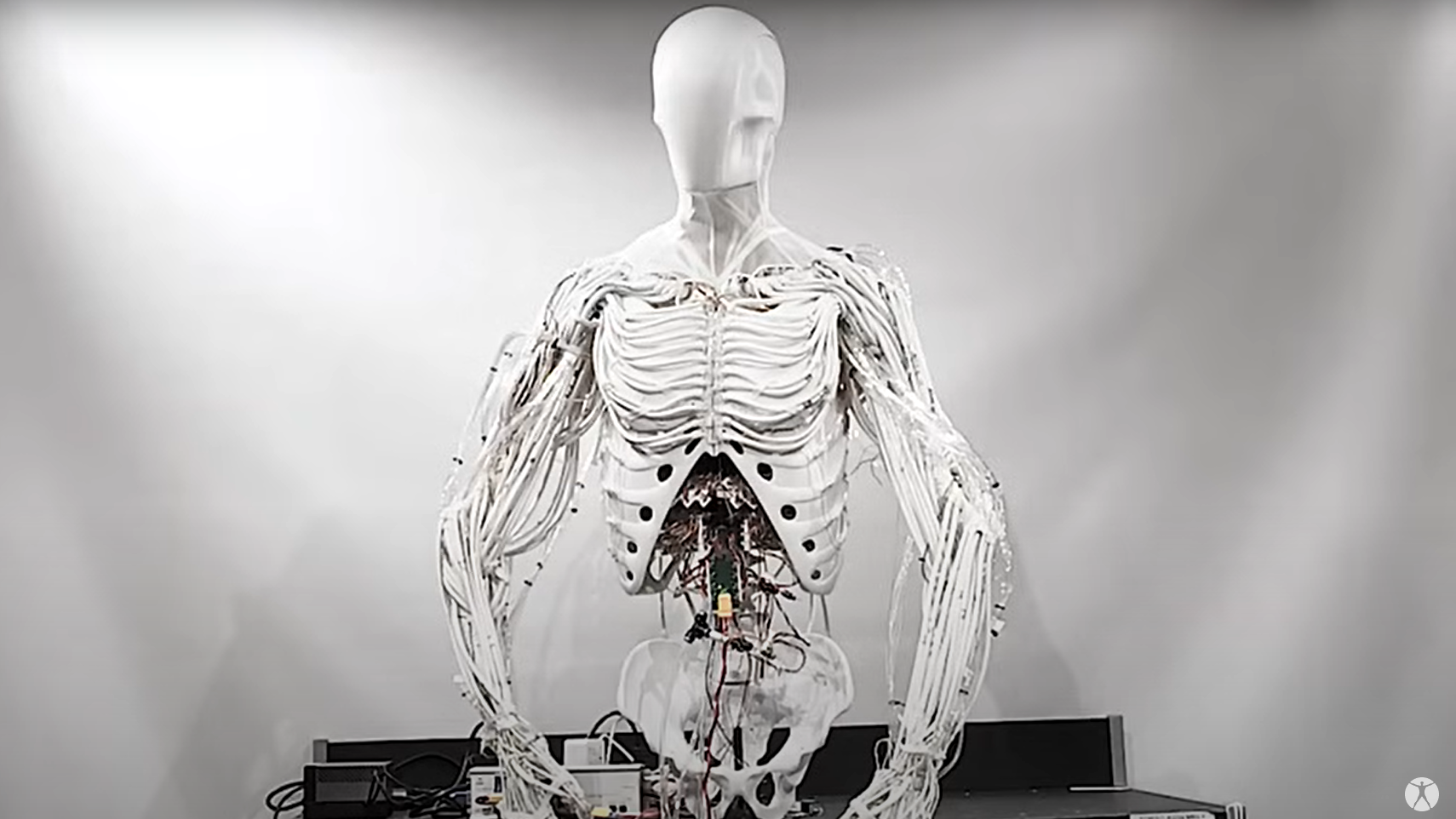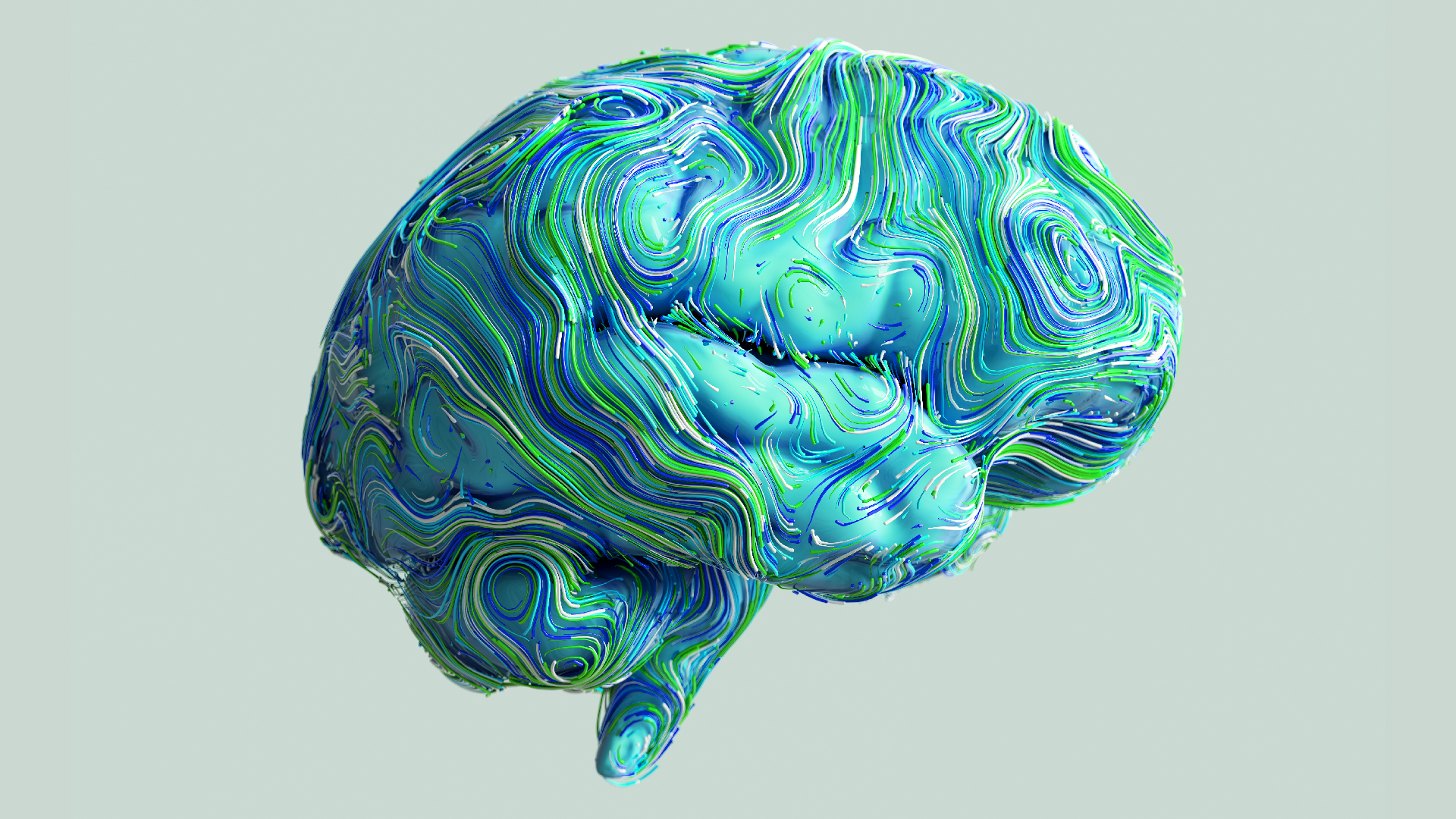7 Ways Depression Differs in Men and Women
Gender differences
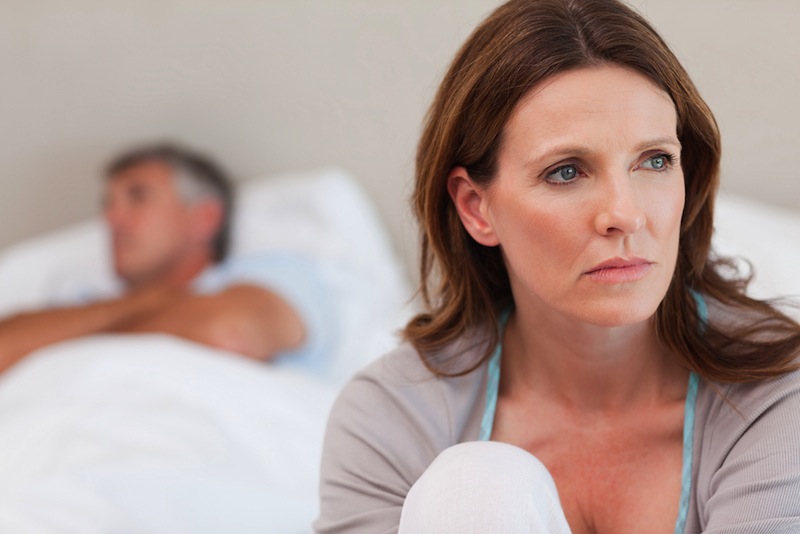
Men and women can experience depression in different ways, and although they also share many common signs and symptoms, a better understanding of the differences may help those with depression, researchers say.
"We have known about sex differences for years when it comes to depression, and they are absolutely essential to understanding the illness," said Jill Goldstein, director of research at the Connors Center for Women's Health and Gender Biology at Brigham and Women's Hospital in Boston.
In one of the largest depression-related differences between the sexes, women have about twice the risk of developing the condition as men, Goldstein said. This results in part from biological reasons, such as hormones and genes that get disrupted when brain regions are developing in the male and female fetus, she said.
These biological changes during fetal development lay the groundwork that creates a vulnerability to mood disorders, such as depression, she said.
In addition, women tend to be more tuned into their emotions, and better able to describe them when depressed, Goldstein said. Men might not recognize their symptoms as depression, perhaps denying or hiding their unhappiness, so the illness might get overlooked in men until it becomes more severe.
Here are seven ways that depression may look different in men and women.
Women are more likely to ruminate when feeling depressed.
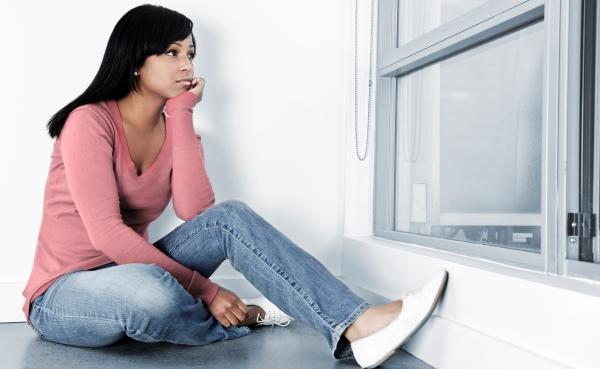
Dwelling on and rehashing negative feelings, known as ruminating, occurs more commonly in women who have depression in comparison to men who have the illness. This behavior may involve negative self-talk, crying for no obvious reason and blaming oneself.
Rumination does not help people, and in fact tends to make them feel worse, Goldstein said. Unlike women, men tend to distract themselves when feeling down, which helps ease depression. [5 Controversial Mental Health Treatments]
Men with depression are more likely to abuse alcohol and other substances.
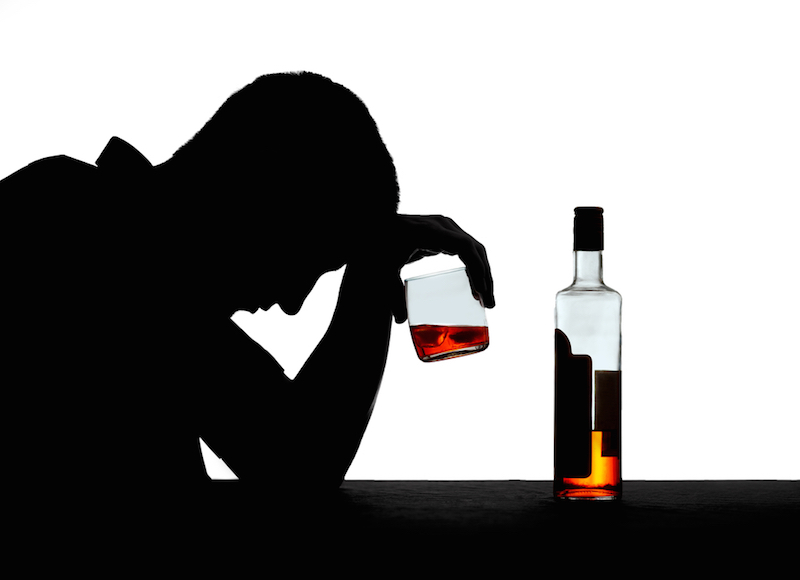
Men may drink heavily or turn to illegal drugs to medicate themselves prior to the onset of depression, and this is particularly true of teenage boys, Goldstein said. In women, substance abuse tends to occur after the onset of depression, or as anxiety levels increase, she said.
Depressed men may also try to mask their sadness by turning to other outlets, such as TV, sports and working excessively, or engaging in risky behaviors, such as gambling, smoking, unsafe sex or driving recklessly. Depression is also more likely to show up as anger and irritability in men and teenage boys, Goldstein said.
Women may respond differently to stressful life events.
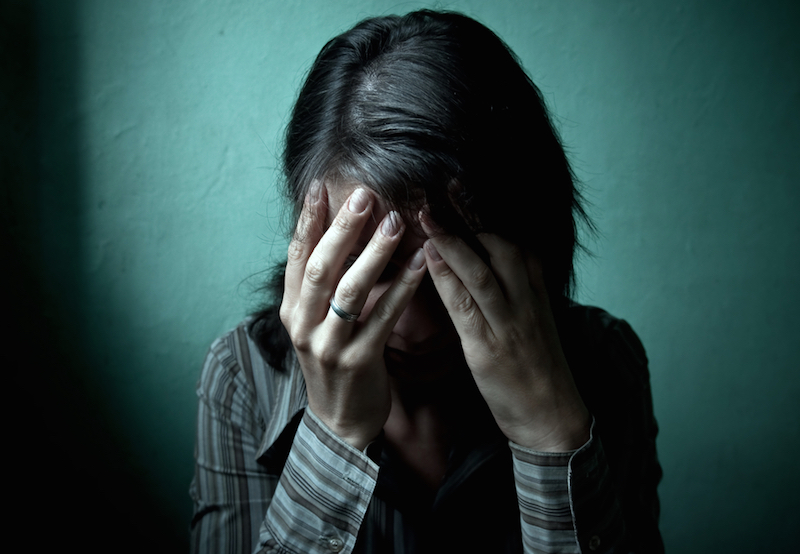
Women may be more likely to become depressed in response to a stressful event. Some evidence suggests that when women experience stressful situations, such as a death in the family, a difficult relationship or losing a job, they tend to respond in a way that prolongs their feelings of stress more so than men do.
This may be because of interactions among stress hormones, female reproductive hormones and mood-regulating neurotransmitters, Goldstein said.
Men's symptoms of depression may be harder for others to recognize.
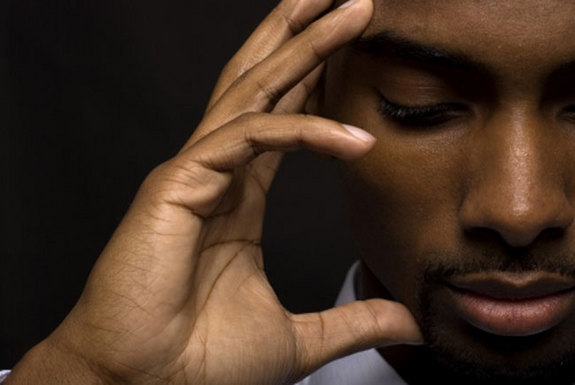
Although women are hit harder by depression and are more vulnerable to it because of their biology, the illness is missed more frequently in men, Goldstein told Live Science.
Health care professionals and even family members may not pick up on depressive symptoms in men, so they can end up with severe depression before it's detected, she explained.
Women are more likely than men to have depression and a co-existing eating disorder.
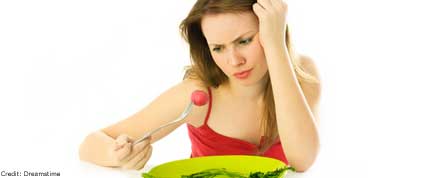
Depression and eating disorders, such as anorexia and bulimia, often go hand in hand. Depression is also much more likely to occur at the same time as an anxiety disorder in women, such as panic disorder or obsessive-compulsive behavior.
Men and women might respond differently to antidepressants.

Women may be more likely to become depressed in response to a stressful event. Some evidence suggests that when women experience stressful situations, such as a death in the family, a difficult relationship or losing a job, they tend to respond in a way that prolongs their feelings of stress more so than men do.
This may be because of interactions among stress hormones, female reproductive hormones and mood-regulating neurotransmitters, Goldstein said.
Men are more likely to commit suicide.
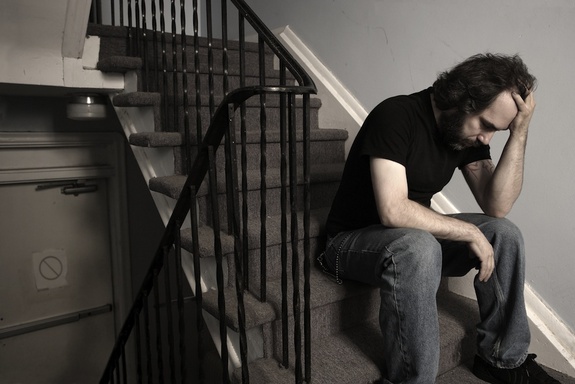
Because depression symptoms in men can go longer without being diagnosed or treated, the condition might develop into a more devastating mental health problem. Men suffering from depression are also more likely to be successful than women when they attempt suicide.
Follow us @livescience, Facebook & Google+.
Sign up for the Live Science daily newsletter now
Get the world’s most fascinating discoveries delivered straight to your inbox.
Cari Nierenberg has been writing about health and wellness topics for online news outlets and print publications for more than two decades. Her work has been published by Live Science, The Washington Post, WebMD, Scientific American, among others. She has a Bachelor of Science degree in nutrition from Cornell University and a Master of Science degree in Nutrition and Communication from Boston University.






